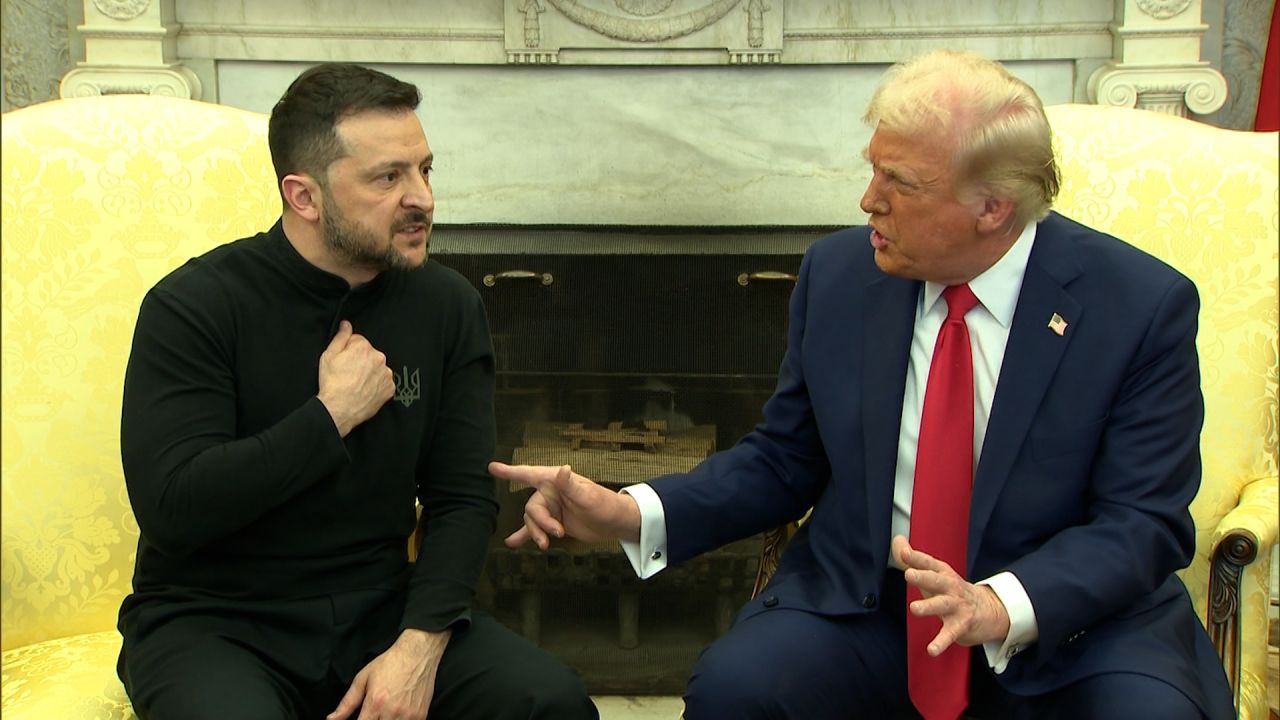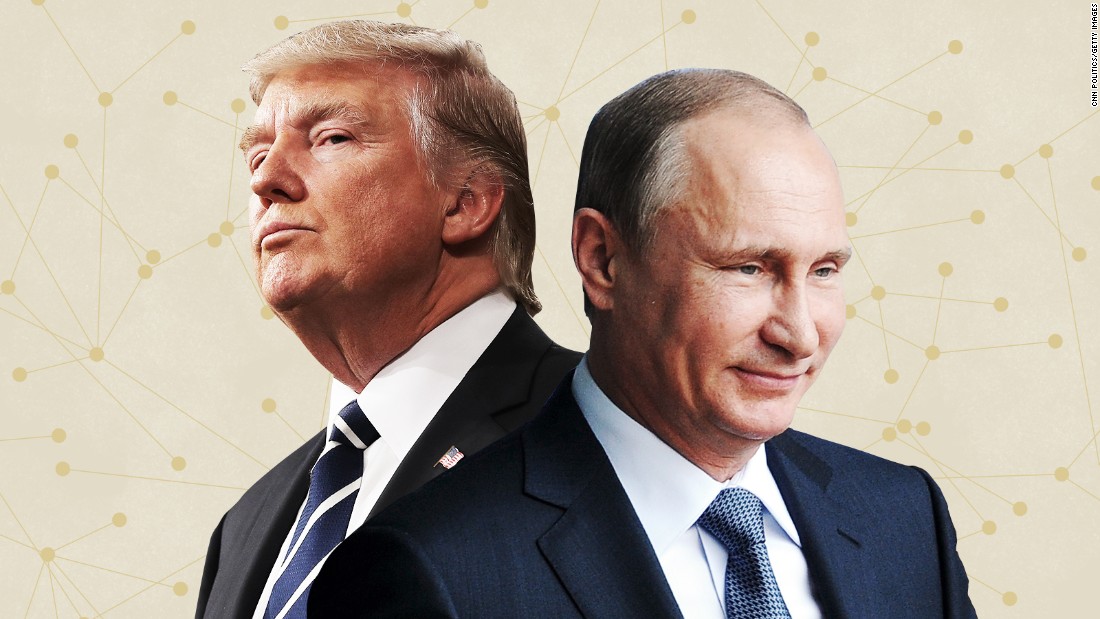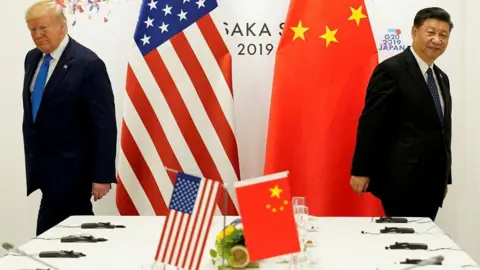Since Donald Trump has led one of the two global superpowers, it’s critical to examine his personality in depth.
Two striking features of Trump’s behavior should be evident even to a casual observer: he exhibits traits of a self-glorifying pathological megalomaniac or narcissist. Let there be no ambiguity on that count.
A quick look at history offers examples of narcissistic political leaders, drawn from various sources: Adolf Hitler, Joseph Stalin, Benito Mussolini, Kim Jong-il and Kim Jong-un, Saddam Hussein, Muammar Gaddafi, Idi Amin, Mao Zedong, Robert Mugabe, Emperor Nero, Alexander the Great, Henry VIII, Napoleon Bonaparte, Franklin D. Roosevelt, Bill Clinton, Richard Nixon, Vladimir Putin, and of course, Donald Trump. One might also include prominent business-political figures like Jack Welch, George Soros, and Elon Musk. In the Indian context, Indira Gandhi fits the pattern.
What is pathological megalomania?
Defined in psychological literature, it refers to a mental disorder marked by delusions of grandeur, an obsessive desire for power and control, and an inflated sense of self-importance. It is often associated with narcissistic personality disorder (NPD) or other severe psychiatric conditions.
And what is narcissistic personality disorder (NPD)?
NPD is a mental health condition characterized by a pervasive pattern of grandiosity, a constant need for admiration, and a lack of empathy. Individuals with NPD often believe they are special or superior and feel entitled to preferential treatment. They demand admiration and become upset when they do not receive it.
Such individuals display an exaggerated sense of self-importance and entitlement. They expect praise and recognition regardless of actual achievements and care little for the feelings or needs of others. Their behavior is often exploitative—they manipulate, control, or even abuse others to achieve their ends. Unsurprisingly, they struggle to maintain healthy relationships due to their overwhelming need for validation and emotional detachment.
Despite their outward arrogance, they are highly sensitive to criticism or perceived slights. They frequently blame others for their own failures and often adopt a victim complex to preserve their inflated self-image.
Political leaders with such traits are fascinating subjects of psychological study—none more so than Donald Trump.
Trump has, with open brazenness, demonstrated his ego-centric drive for wealth and power. He demands that the global political stage bend to his whims.

Consider some examples of Trump’s inflated claims:
-
He boasted that he would end the Russia-Ukraine war on “day one” of his presidency. Yet, the conflict has dragged on even after his first 100 days.
-
He reportedly berated Ukrainian President Zelensky in an attempt to discredit him, framing him as an obstacle to peace. When that failed, he entered into a mineral deal with Ukraine as a condition for resuming military aid.
-
Trump encouraged Israel to escalate its war with Hamas and is quoted as saying, “I want to see Gaza wiped out. I don’t want to see even one building standing.”
-
In his first term, he pledged to “bomb the hell” out of the Houthis and ISIS. Now, into a second term, he’s reversed course—suspending attacks on the Houthis after Oman brokered a ceasefire, though the Houthis have not confirmed it.
-
His bombastic ideas included declaring Canada as the 51st U.S. state, taking over Greenland, and reclaiming control of the Panama Canal—all reflective of delusional grandeur.

Then there’s his inconsistent trade policy: after blustering against China with aggressive tariffs, he quietly returned to neutral-ground trade talks and sought credit for “de-escalation.”
Most recently, Trump claimed he could broker peace between India and Pakistan following India’s retaliatory Operation Sindoor. What he fails to understand—or willfully ignores—is that India, like Israel, is fighting not just for itself, but for the global community against Islamist terrorism. His advisors must find the courage to tell him: Stop inserting yourself as a peace mediator in complex regional conflicts where your ignorance does more harm than good.
If India, a Hindu-majority democracy, succumbs to the jihadist threat in its backyard, the next domino could very well be the Christian West. The ultimate Islamist aim is a Global Caliphate—a theological-political order under Sharia law. This is not mere alarmism; it is a strategic reality.

The vision of a global Islamic Caliphate, though debated in meaning and scope, is rooted in history. It imagines a unified Muslim world under one leader, the Caliph, successor to the Prophet Muhammad, enforcing divine law. The West must choose: confront Islamist terror head-on, or sleepwalk into a future where its values and freedoms perish.
Trump’s repeated attempts at “peace deals” appear less about global stability and more about self-glorification. It wouldn’t be surprising if his ultimate ambition is to win the Nobel Peace Prize and be remembered as the “greatest U.S. president.”
Good luck to him.
But world leaders are unlikely to bend the knee to his ambition. His flamboyance and greed—often at the cost of American public interest—won’t earn him the deference he expects.
From the perspective of “entitlement,” many dynastic political leaders in India could also fall under the broad umbrella of narcissistic personality disorder. But Trump remains a textbook case: not just a narcissist, but a pathological megalomaniac.





